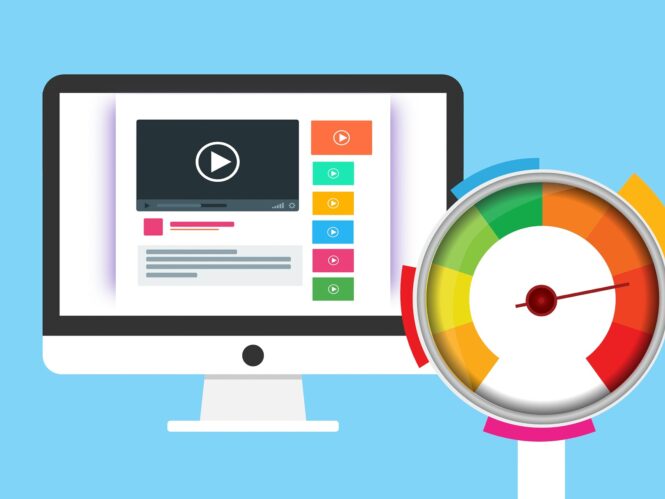Boost Your Website Speed:
A Comprehensive Guide

In today's fast-paced digital world, speed matters. And when it comes to your website, speed isn't just a convenience—it's critical. A slow-loading website can significantly impact traffic, user experience, and SEO rankings. In this post, we'll explore why website speed is so important, everyday issues that slow down a website, and practical steps you can take to improve your website speed.
Why is Website Speed Important?
Website speed plays a crucial role in several areas:
- User Experience: Internet users expect websites to load almost instantly. A delay of even a few seconds can lead to frustration and cause users to abandon your site.
- SEO Rankings: Google considers page speed as one of the ranking factors. Faster websites are more likely to rank higher in search engine results.
- Conversion Rates: Studies have shown that faster websites generally have higher conversion rates. If your site is fast, you could gain potential business.
Common Causes of Slow Website Speed
Several factors can contribute to slow website speed. Some of the most common include:
- Large Image Files: High-resolution images can significantly slow down your site. It's essential to optimize your ideas for the web without sacrificing quality.
- Server Location: The physical location of your server can impact how quickly your website loads. The further away the server is from the user, the slower the load time.
- Extensive Code: Bulky or unnecessary characters in your website's code can slow page load times.
How to Improve Your Website Speed
Step 1: Identify Issues
Before improving your website speed, you must identify what's slowing it down. Tools like Google's PageSpeed Insights or GTmetrix can analyze your website and provide detailed reports on what's affecting your site's speed.
Step 2: Optimize Images
Large image files are one of the most common culprits of slow websites. Use tools like TinyPNG or JPEGmini to compress your images without losing quality.
Step 3: Leverage Browser Caching
Browser caching stores parts of your website in a user's browser, so they don't have to download everything whenever they visit your site. If your site is built on a CMS like WordPress, you can set this up using plugins.
Step 4: Minify and Compress Your Code
Minifying your code involves removing unnecessary characters (like spaces and line breaks), which can reduce the size of your code and increase speed. Compression reduces the size of your HTML, CSS, and JavaScript files. Tools like CSSNano and UglifyJS can help with this.
Monitoring Website Speed
Monitoring your website speed is essential to ensure it remains optimal regularly. Tools like Pingdom and WebPageTest provide insights into your website speed and offer suggestions for improvement.
Platform Comparison
Different platforms perform when it comes to website speed. For instance, [platform A] might offer faster load times due to better server infrastructure. In contrast, [platform B] might have slower speeds due to bulky templates. Researching and choosing a platform that aligns with your speed requirements is crucial.
Wrapping Up
Improving your website speed is not just beneficial—it's critical. It enhances user experience, boosts SEO rankings, and improves conversion rates. You can significantly increase your website's speed by identifying issues, optimizing images, leveraging browser caching, and compressing code.
Remember, maintaining a speedy website requires regular monitoring and adjustments. Use the tips and tools mentioned in this post to keep your website speed and provide an excellent user experience.
If you need help with SEO, our specialists are always ready to help
SOCIAL
© COPYRIGHT 2024, ALL RIGHTS RESERVED BY TOPNOTCH SEO


